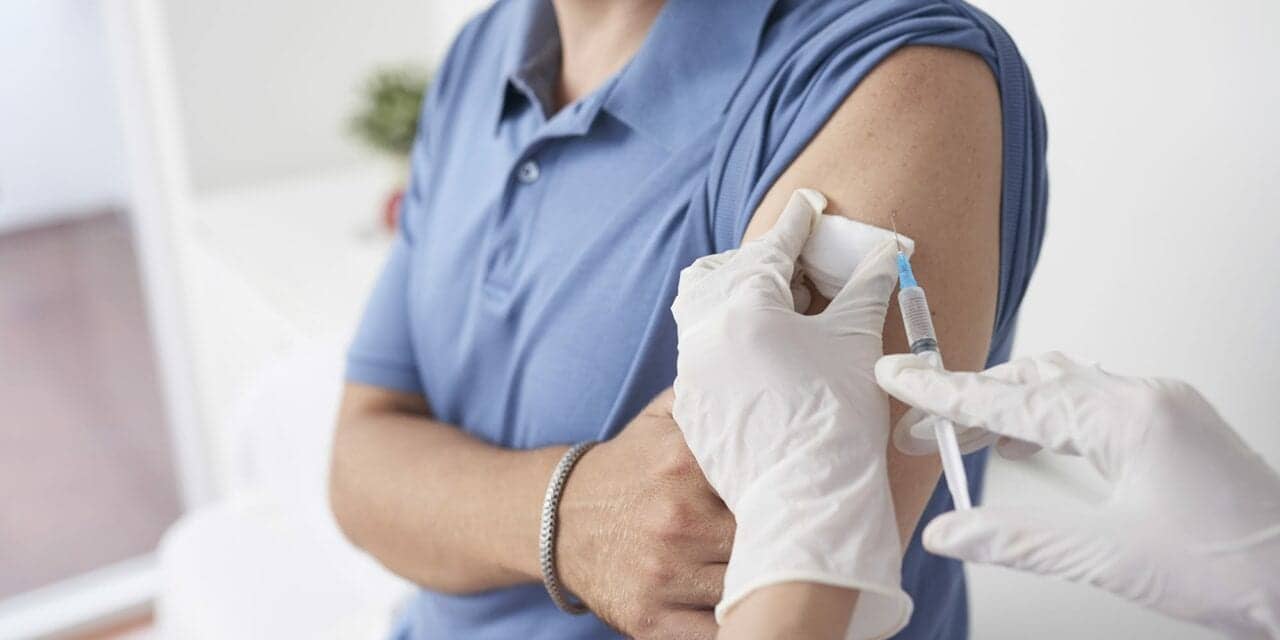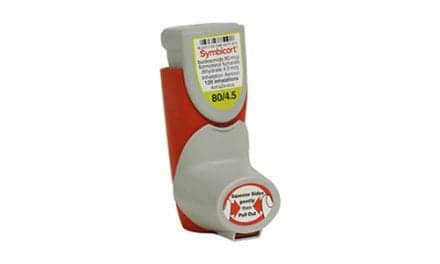The FDA amended the emergency use authorization (EUA) for the Pfizer-BioNTech COVID-19 vaccine to allow for use of a single booster dose, to be administered at least six months after completion of the primary series in:
- individuals 65 years of age and older;
- individuals 18 through 64 years of age at high risk of severe COVID-19; and
- individuals 18 through 64 years of age whose frequent institutional or occupational exposure to SARS-CoV-2 puts them at high risk of serious complications of COVID-19 including severe COVID-19.
No other COVID-19 vaccines have been authorized as booster doses, the FDA noted.
“Today’s action demonstrates that science and the currently available data continue to guide the FDA’s decision-making for COVID-19 vaccines during this pandemic. After considering the totality of the available scientific evidence and the deliberations of our advisory committee of independent, external experts, the FDA amended the EUA for the Pfizer-BioNTech COVID-19 Vaccine to allow for a booster dose in certain populations such as healthcare workers, teachers and day care staff, grocery workers and those in homeless shelters or prisons, among others,” said Acting FDA Commissioner Janet Woodcock, MD. “This pandemic is dynamic and evolving, with new data about vaccine safety and effectiveness becoming available every day. As we learn more about the safety and effectiveness of COVID-19 vaccines, including the use of a booster dose, we will continue to evaluate the rapidly changing science and keep the public informed.”
Comirnaty (COVID-19 Vaccine, mRNA), was approved by the FDA on Aug. 23, for the prevention of COVID-19 caused by SARS-CoV-2 in individuals 16 years of age and older. On Aug. 25, 2021, the FDA received a supplement from Pfizer Inc. to their biologics license application for Comirnaty seeking approval of a single booster dose to be administered approximately six months after completion of the primary vaccination series for individuals 16 years of age and older.
As part of the FDA’s commitment to transparency, the agency convened a public meeting of its Vaccines and Related Biological Products Advisory Committee (VRBPAC) on Sept. 17 to solicit input from independent scientific and public health experts on the data submitted in the application. During the meeting, the vaccine manufacturer presented information and data in support of its application. The FDA also presented its analysis of clinical trial data submitted by the vaccine manufacturer. Additionally, the public was also given an opportunity to provide comment; and FDA invited international and U.S. agencies and external groups, including representatives from the Israeli Ministry of Health, the University of Bristol, U.K. and the Centers for Disease Control and Prevention, to present recent data on the use of vaccine boosters, epidemiology of COVID-19, and real-world evidence on vaccine effectiveness.
The FDA considered the data that the vaccine manufacturer submitted, information presented at the VRBPAC meeting, and the committee’s discussion, and has determined that based on the totality of the available scientific evidence, a booster dose of Pfizer-BioNTech COVID-19 Vaccine may be effective in preventing COVID-19 and that the known and potential benefits of a booster dose outweigh the known and potential risks in the populations that the FDA is authorizing for use. The booster dose is authorized for administration to these individuals at least six months following completion of their primary series and may be given at any point after that time.
It’s important to note that the FDA-authorized Pfizer-BioNTech COVID-19 Vaccine is the same formulation as the FDA-approved Comirnaty and the vaccines may be used interchangeably.
“We’re grateful for the advice of the doctors, scientists, and leading vaccine experts on our advisory committee and the important role they have played in ensuring transparent discussions about COVID-19 vaccines. We appreciate the robust discussion, including the vote regarding individuals over 65 years of age and individuals at high risk for severe disease, as well as the committee’s views regarding the use of a booster dose for those with institutional or occupational exposure to SARS-CoV-2,” said Peter Marks, MD, PhD, director of FDA’s Center for Biologics Evaluation and Research. “The FDA considered the committee’s input and conducted its own thorough review of the submitted data to reach today’s decision. We will continue to analyze data submitted to the FDA pertaining to the use of booster doses of COVID-19 vaccines and we will make further decisions as appropriate based on the data.”
Data Supporting Authorization for Emergency Use
To support the authorization for emergency use of a single booster dose, the FDA analyzed safety and immune response data from a subset of participants from the original clinical trial of the Pfizer-BioNTech COVID-19 Vaccine. In addition, consideration was given to real-world data on the vaccine’s efficacy over a sustained period of time provided by both U.S. and international sources, including the CDC, the UK and Israel. The immune responses of approximately 200 participants 18 through 55 years of age who received a single booster dose approximately six months after their second dose were assessed. The antibody response against SARS-CoV-2 virus one month after a booster dose of the vaccine compared to the response one month after the two-dose primary series in the same individuals demonstrated a booster response.
Additional analysis conducted by the manufacturer, as requested by the FDA, compared the rates of COVID-19 accrued during the current Delta variant surge among original clinical trial participants who completed the primary two-dose vaccination series early in the clinical trial to those who completed a two-dose series later in the study. The analysis submitted by the company showed that during the study period of July and August 2021, the incidence of COVID-19 was higher among the participants who completed their primary vaccine series earlier, compared to participants who completed it later. The FDA determined that the rate of breakthrough COVID-19 reported during this time period translates to a modest decrease in the efficacy of the vaccine among those vaccinated earlier.
Safety was evaluated in 306 participants 18 through 55 years of age and 12 participants 65 years of age and older who were followed for an average of over two months. The most commonly reported side effects by the clinical trial participants who received the booster dose of the vaccine were pain, redness and swelling at the injection site, as well as fatigue, headache, muscle or joint pain and chills. Of note, swollen lymph nodes in the underarm were observed more frequently following the booster dose than after the primary two-dose series.
Since Dec. 11, 2020, the Pfizer-BioNTech COVID-19 Vaccine has been available under EUA for individuals 16 years of age and older. The authorization was expanded on May 10, 2021 to include those 12 through 15 years of age, and again on Aug. 12, 2021 to include the use of a third dose of a three-dose primary series in certain immunocompromised individuals 12 years of age and older. EUAs can be used by the FDA during public health emergencies to provide access to medical products that may be effective in preventing, diagnosing, or treating a disease, provided that the FDA determines that the known and potential benefits of a product, when used to prevent, diagnose, or treat the disease, outweigh the known and potential risks of the product.










